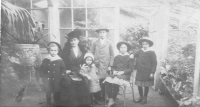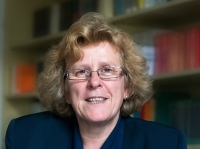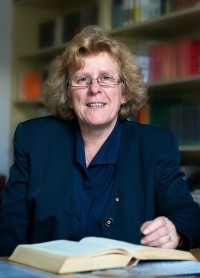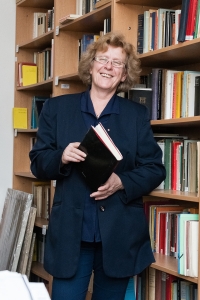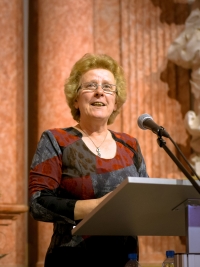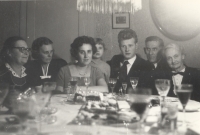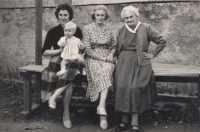I am glad that I have many different roots, that it is not a single Czechness or Germanness

Stáhnout obrázek
Ingeborg Fialová, born Fürstová, was born on 17 November 1961 in Frýdek Místek but spent her early childhood in Rýmařov, where her parents taught at the local gymnasium. She has multi-ethnic roots. Her father’s, Tomáš Fürst‘s, side is of Czech and Jewish origin, while her mother’s, Kristýna Lanc‘s, side is Polish and Austrian. Her paternal grandfather, Erich Fürst, died in Auschwitz during World War II, and her maternal grandfather, Jan Lanc, spent several years in communist prisons. However, her parents divorced when she was four years old. Her mother remarried a Czech Brethren priest Vladimír Fiala, and thus Ingeborg spent part of her childhood and adolescence in the environment of an evangelical parish. In 1985, Ingeborg Fialová graduated from German Studies and Bohemian Studies at the Palacký University in Olomouc with a red diploma (degree with honours, trans.). A year later, she emigrated to the Federal Republic of Germany, where she worked as a professional assistant at the University of Saarbrücken for five years. For arbitrarily leaving the republic, she was sentenced in absentia to three years of unconditional imprisonment in Czechoslovakia. She returned home only after the fall of the communist regime in January 1992. Since then, she has been working ceaselessly at the Department of German Studies at the Faculty of Arts of the Palacký University in Olomouc and has published several books in her field and received numerous awards.
